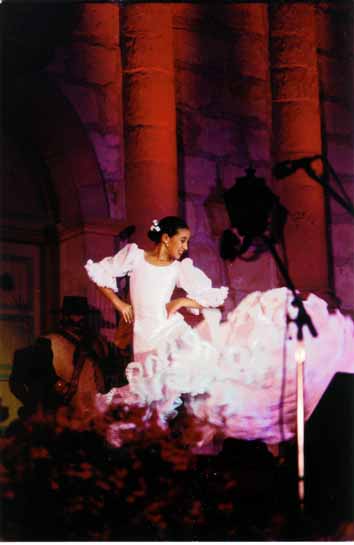& General Information!
The result is an exquisite perception, philosophy and practice of human interaction: a science based, performing art.
HIGH TRUST: ORGANIZATION
High TRUST Thinking/Teaching, Leadership and Management is an organization based on nineteen years of continuous research, hands-on clinical application, and the discriminating feedback from educators, parents, students, and business people.
Our areas of influence include:
•HIGH TRUST: Thinking/Teaching
•High TRUST Leadership & Management
•High TRUST Principal
•Counseling: Trust Psychology
•Be A Gifted Parent
•Student Postive Leadership/Motivation
•Trust Theology
•School Board & Community Responsibility
Since 1981, HIGH TRUST/TRUST PSYCHOLOGY has celebrated and supported leaders in education and business advance their personal, and professional life with some of the most intelligent, and effective skills ever developed.
You are invited to experience what others have found to be a superb learning experience.

TRUST: THE FOUNDATION
Truth and trust are the essence of teaching, leadership, and influence.
Trust, our research suggests, profoundly affects human performance, student learning, and organizational health. It is the most critical factor in human relations affecting change, growth, and achievement.
Influence with trust = support.
Influence without trust = criticism.
High standards/expectations with trust = importance
High standards/expectations without trust = harassment
Change with trust = leadership
Change without trust = control
Trust is the key element that human energy into creativity and innovation, not conflict. Trust is the "critical variable" in human relationships, which predicts success in a friendship, marriage, family, business, classroom, school, district and community.

HISTORY OF SUCCESS
Eighty seven (87%) percent of workshop participants (in our extensive training) rated HIGH TRUST/TRUST PSYCHOLOGY their "finest workshop ever": in concept, application, modeling, relevance, art of presentation. Ninety-four (94%) rated the workshop, "100, and best ever".
The HIGH TRUST MODELS have been used in education, business, parenting, counseling, and personal development.
It has been the foundation model for nationally recognized schools of excellence, in the United States, Australia, and Europe.

Dennis M. McLoughlin's
Trust Psychology®
Trust Psychology® is a new model of inquiry into the understanding of human thinking, development, motivation and fulfillment.
Trust Psychology explains the process to personal intimacy and creativity. The core is unconditional love: the giving and receiving of love just because one is alive. It is through unconditional love and trust that one can be influenced, and influence others, without resistance, to think and be responsible.
Influence with trust = no resistance
Influence without trust = resistance
It is thinking and being responsible to one's self and others that gives life meaning and results in a morally healthy person and society.
Internally Motivated
In TP we believe that people are internally motivated. They have needs. These needs are located in the frontal lobes of the brain, and it's this area that generates behaviors (thinking, feeling, and doing) with the intention of filling our needs.
Our genetics demand fulfillment of our needs. Our free choice and ability to make correct decisions [learned from healthy people] decide exactly how the needs will be filled, and to what extent.
Some people are more successful at choosing behaviors to fill these needs. These people who make better choices, enjoy more rewarding and healthy lives. The ability to choose well is learned.
The world can influence the choices we make to fill our needs, but the ultimate decision is always a personal decision, which reflects the Movie In the Head, The Regulator of Success.
Movie in the Head
The Movie in the Head is the total a person experiences at the conscious and unconscious levels. It is primarily developed in childhood, and is a direct reflection to the love a child experiences. With unconditional love, the child is nurtured, cherished, taught to think and be responsible, and celebrated.
If conditional love exists (loved for what one produces or for living up to the standards of someone else) then the child learns to be dependent, to conform and obey. The frustration of not filling one's needs can evolve to violence and isolation.
These early experiences provide the "primary movie" in a person's life, for better or worse, and is an unconscious dominant influence in their adult life.
The only way we can change our own "movie" or influence another person's movie is through a trust relationship. Insight., knowledge, pain, and understanding in themselves do not change the movie. It is through trust that we are able to be influenced, and the only way we can successfully work with others.
The capacity to love and work predicts a person's success, health and happiness.
The big challenge we have in teaching, administrating, and parenting is: how do we inspire and influence others to choose what is best and use their talents.